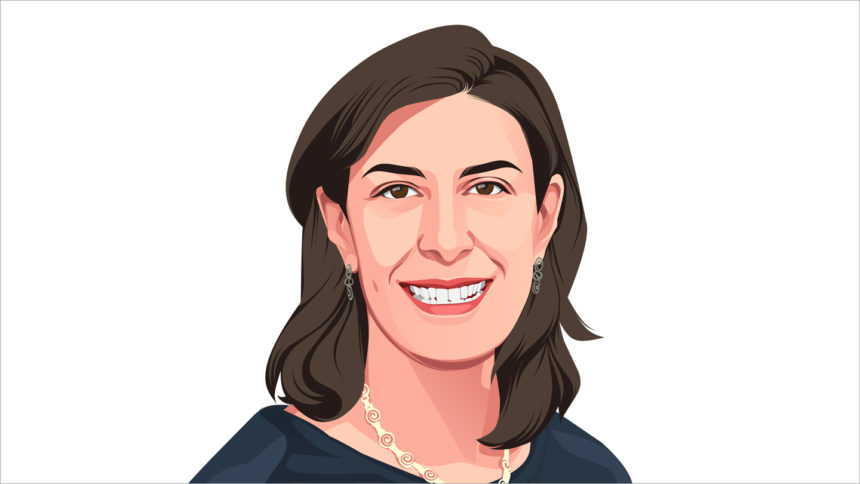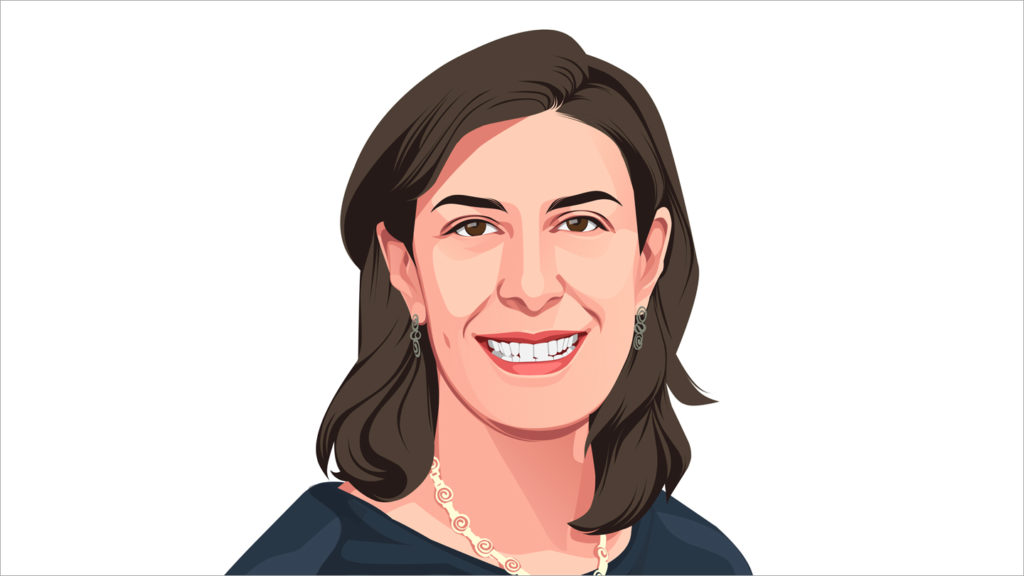
Among all the ways to resolve the frontline caregiver and nursing shortage in home care, one sticks out from the rest: education.
When caregivers learn more about their career choices in the field, when they get acquainted with their options, they often jump at the opportunities.
Home health provider BrightStar Care and Chamberlain University, the largest nursing school in the country, are among those entities betting that this is the case. Last year, the two organizations joined forces to develop a course in home health, Introduction to Continuing Health, followed by a 96-hour rotation at BrightStar. The course is co-curricular and not for credit.
The home health specialty is designed to be taken concurrently with Chamberlain’s Bachelor of Science in Nursing (BSN) degree program. It leads to a badge upon successful completion and assessment of competencies. Those who earn the badge will be eligible to be considered for a concentrated clinical rotation in home health.
Shelly Sun, CEO and founder of BrightStar, is hoping to replicate the program in schools and with agencies across the country. It was in around seven nursing schools this past fall and expands virtually this year.
Tackling the nursing shortage is the ultimate goal.
“The shortage of nurses is absolutely what is holding back the ability to meet client demand,” she told McKnight’s Home Care Daily Pulse in a podcast.
Karen Cox, PhD, RN, president, Chamberlain University, believes that there is a lack of awareness among nurses and nursing students around home care. Exposure to the specialty through the coursework and rotation will help, she told McKnight’s Home Care Daily Pulse recently.
“A lot of times people have misperceptions around many specialties — home care in particular,” she said. “They don’t know what they don’t know.”
And home health is not like it used to be, Cox noted. It’s not just coming to the home and taking a patient’s temperature. Hospital-at-home, for example, is an exciting innovation in the sector that may entice more up-and-coming nurses, she pointed out.
The home health initiative was the product of a $1.2 million grant from the American Nurses Foundation’s Reimagining Nursing Initiative (RN Initiative) awarded to Chamberlain in May of 2022 for its Practice Ready. Specialty Focused. model.
Chamberlain modeled the home health initiative after its partnership with the Association of PeriOperative Registered Nurses. Those nursing students in good standing in their last year are eligible to take a 16-hour perioperative course and spend 96 hours with a perioperative partner.
Both the periops and home health specialties are unique as nursing school typically does not allow room for career exploration.
“With nursing school, you don’t have a lot of choice,” Cox said. “It’s pretty lock-step. Part of what we think [students] like is they have choices.”
And if they learn they don’t like home health? Nothing lost, Cox said.
“If they find out they don’t like it, that’s good, too,” she said. “That time is money at the end of the day.”
The home health pilot concludes in 2025, at which time Chamberlain will evaluate it and create a publicly available playbook documenting the model. The playbook will be shared with American Nurses Foundation and other nursing schools to enable them to replicate the approach.
If the pilot yields a few home health devotees, then the BrightStar/Chamberlain experiment will, no doubt, be an unqualified success.
Liza Berger is editor of McKnight’s Home Care. Email her at [email protected].


